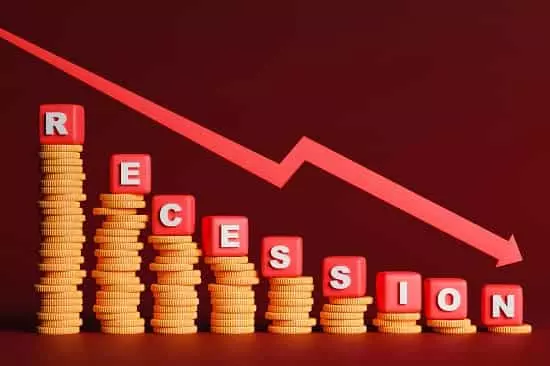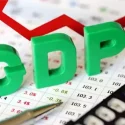What Is a Recession? ,Causes, Recession Definition & Meaning
A recession is an economic event that can happen during regular intervals, like Economies go through cycles, there is anepisode of low demand, unemployment and revive companies and increase workforces
Gross interest is the total interest paid on an investment, minus the amount of principal already paid out on that investment.
There are a few things you should know about gross interest if you are looking to invest in an amount that could potentially grow over time, such as money for college or a car purchase.
First and foremost, it is important to understand that gross interest is averages across a wide range due to individual factors such as interest rates, risk aversion, and account type.
Next, it is important to understand the basics of gross interest: what it is, what it doesn’t include, and how it can affect investment planning.
Finally, it is important to know the maximumombs gross interest range due to account type and risk aversion, so you can properly allocate your funds.
So, with these basics in mind, let’s explore everything you need to know about gross interest so you can plan for and maximize your investment potential.
What Causes Recessions?

- The Gross Interest Rate Formula
- TheInterest Formula
- Gross Interest Rates
- How much do you pay in interest on your money?
- What are the major factors that influence the rate at which your money pays off your debt?
What You Need to Know About Gross Interest
There are many things you need to know about gross interest to get a good understanding of the pertaining equation. Namely, the Gross interest equation which calculates the total interest earned on a debt you hold. This equation can differ in different subjects, so it’s important to checkout any articles, tutorials, or financial resources that treat the matter at hand.
The main aspects of the gross interest equation are the annual percentage rate (APR), the amortization period, the Discount Rate, and the interest payments amount. In order to better understand what goes into the equation, it’s helpful to break down each of these particulars.
The Annual Percentage Rate (APR) is what decides how much your money will earn on your debt every year. There are a variety of APRs available, but the ones we’re interested in right now are the Modified Adjusted Rate, or Manking amortization period.
The Manking Amortization Period is the amount of time it will take for your debt to pay off. The Modified Adjusted Rate, or Manking amortization period, is the component of the gross interest equation that decides how long it will take for your money to pay off your debt. What this means is that if your Manking Amortization Period is 6 months, then your money will be paid back in only 6 months.
The Discount Rate is also important to know about when it comes to gross interest. By understanding the Discount Rate, you can make informed financial decisions about your debt and the interest you’re earning.
Basically, the Discount Rate is the percentage that the Fed is willing to pay to borrow money from commercial banks at a set number. This number is decided by the government and is usually around 7%.
As an aside, if you have a high-interest debt and the interest rate is increasing rapidly, it might be beneficial to reconsider your debt payment plan. Interest rates do matter, and it might be best to adopt a more aggressive repayment schedule to try and reign in the rate at which your debt is rapidly increasing.



